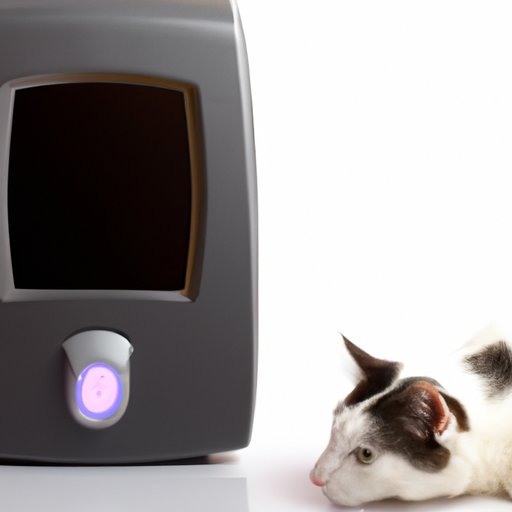Introduction
Having a pet is a big responsibility. As a pet owner, you are responsible for providing your furry friend with the best possible care and ensuring their health and wellbeing. One of the most important aspects of being a pet parent is keeping your dog healthy. But what does it mean to have a healthy dog?
A healthy dog is one that is physically active, mentally stimulated, and free from any medical issues. This means providing them with the right nutrition, exercise, healthcare, and other necessary needs. Keeping your dog healthy will ensure they live a long, happy life.
Provide Regular Exercise
Exercise is essential for maintaining your dog’s physical and mental health. Not only does it help keep your pup fit, but it can also help reduce stress levels, prevent boredom, and strengthen the bond between you and your pup.
The benefits of exercise for dogs include improved muscle tone, better digestion, improved cardiovascular health, greater energy levels, and even weight management. Additionally, regular activity helps your pup stay alert and mentally sharp.
There are many types of activities you can do with your pup, such as walks, runs, hikes, swimming, agility courses, and outdoor games. Depending on your pup’s breed and size, they should get around 30 minutes to 2 hours of exercise each day.
Feed a Balanced Diet
Nutrition is key when it comes to keeping your dog healthy. A balanced diet is essential for providing your pup with the energy and nutrients they need for growth, development, and general wellbeing.
When choosing the right food for your pup, you should consider their age, size, breed, and any health conditions they may have. It’s important to read the labels on food to make sure it’s nutritionally balanced and contains the necessary vitamins and minerals. You should also monitor your pup’s caloric intake and adjust their diet accordingly.
Regular Veterinary Care
Regular check-ups with the vet are important for keeping your pup healthy. During these visits, the vet can provide vaccinations, check for any underlying health issues, and give advice on nutrition and activity levels.
It’s also important to watch out for any signs of illness in your pup. Common signs of illness include changes in appetite, lethargy, vomiting, diarrhea, coughing, or excessive itching. If you notice any of these symptoms, take your pup to the vet right away.
Maintain Proper Grooming
Grooming is an important part of keeping your pup healthy. It helps to keep their coat clean and free from dirt, debris, and parasites. It also prevents skin irritation, keeps their nails trimmed, and helps to reduce shedding.
Different breeds require different types of grooming, but there are some basics that all pups need, such as brushing, bathing, nail trimming, and ear cleaning. You’ll also need the right tools for the job, such as brushes, combs, shampoo, and nail clippers.
Train and Socialize Your Dog
Training and socializing your pup is essential for their mental health. Training teaches your pup basic obedience commands, while socialization helps them learn how to interact with people and other animals.
To train your pup, you should start with the basics, such as sit, stay, come, and heel. You should also use positive reinforcement, such as treats and praise, to reward good behavior. When it comes to socialization, you should slowly introduce your pup to new people and environments.

Monitor for Parasites and Fleas
Parasites and fleas are common in dogs and can cause serious health problems. Some of the most common parasites include ticks, heartworms, roundworms, hookworms, and whipworms. Fleas can also cause skin irritation and transmit diseases.
To protect your pup from parasites and fleas, you should use preventive measures such as flea and tick collars, topical treatments, and oral medications. Additionally, you should watch out for signs of infestations, such as scratching, chewing, or biting at the skin.
Conclusion
Keeping your pup healthy is essential for their wellbeing. To ensure your pup is healthy and happy, you should provide them with regular exercise, a balanced diet, regular veterinary care, proper grooming, training and socialization, and prevention of parasites and fleas. With the right care, your pup will live a long and happy life.
(Note: Is this article not meeting your expectations? Do you have knowledge or insights to share? Unlock new opportunities and expand your reach by joining our authors team. Click Registration to join us and share your expertise with our readers.)
